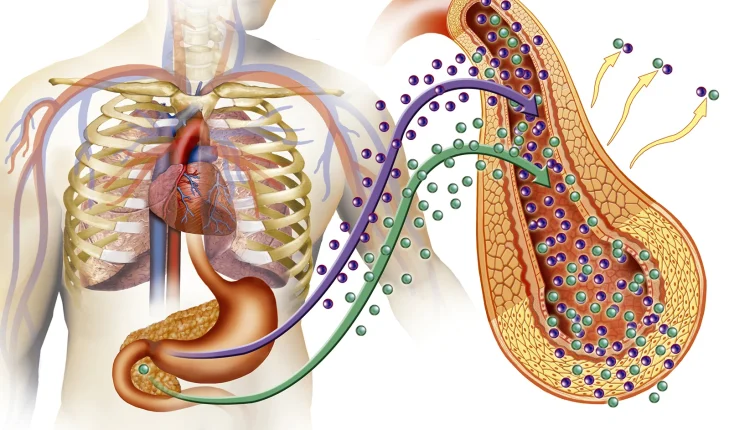Signs That Show Diabetes Is Growing In Your Body

Diabetes is a chronic metabolic disorder affecting millions of people worldwide. It occurs when the body either does not produce enough insulin or cannot utilize it effectively. If left undiagnosed and untreated, diabetes can lead to severe complications and negatively impact an individual’s quality of life.
Recognizing the early warning signs of diabetes is crucial for timely intervention and management. According to Healthline, here are signs that may indicate diabetes is growing in your body.
Frequent Urination (Polyuria):
One of the classic signs of diabetes is increased frequency of urination. Excess sugar builds up in the bloodstream when the body cannot absorb it properly, causing the kidneys to work harder to eliminate the surplus glucose. As a result, individuals may find themselves making more trips to the bathroom than usual.
Intense Thirst (Polydipsia):
Experiencing persistent and unquenchable thirst is another common sign of diabetes. As the body loses more water due to frequent urination, it triggers the sensation of extreme thirst. This may lead to an unexplained increase in fluid consumption.
Unexplained Weight Loss:
Unintended weight loss, despite maintaining a regular diet, can be an early warning sign of diabetes. When the body is unable to utilize glucose efficiently, it starts breaking down fat and muscle tissue for energy, leading to gradual weight loss.
Fatigue and Weakness:
Individuals with undiagnosed diabetes may often experience constant fatigue and weakness. The body’s inability to convert glucose into energy leaves the cells deprived of fuel, leading to persistent feelings of tiredness.
Increased Hunger (Polyphagia):
Although diabetics may be losing weight, they may paradoxically experience an increased appetite. The body’s inability to utilize glucose properly can cause hunger pangs, even shortly after eating.
Blurred Vision: View pictures in App save up to 80% data.
Elevated blood sugar levels can cause changes in the shape of the lens in the eye, resulting in blurred vision. This condition may fluctuate throughout the day, improving with better blood sugar control.
Slow Healing of Wounds:
Diabetes affects the body’s ability to repair and regenerate tissues. As a consequence, individuals with diabetes may experience delayed wound healing, making them more susceptible to infections.
Numbness and Tingling in Extremities:
High blood sugar levels can damage the nerves over time, leading to peripheral neuropathy. Common symptoms include numbness, tingling, or a burning sensation in the hands and feet.
